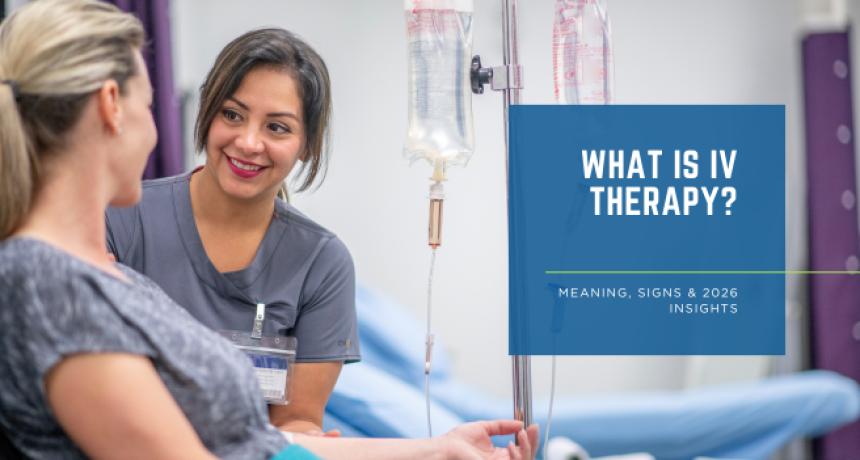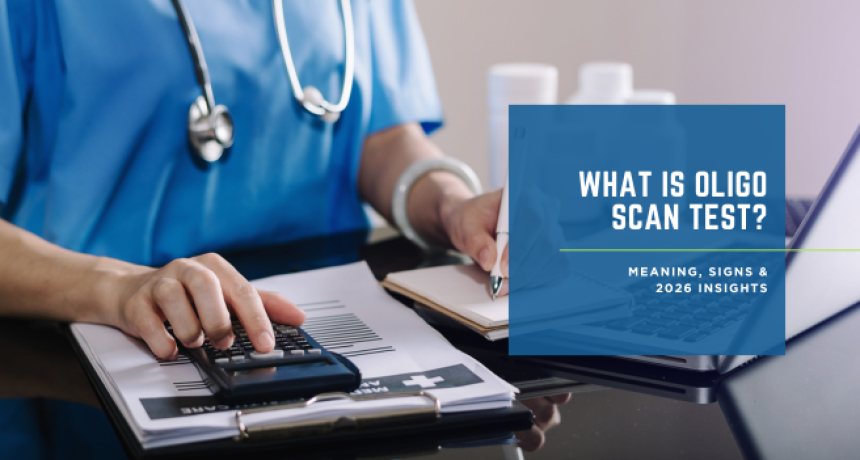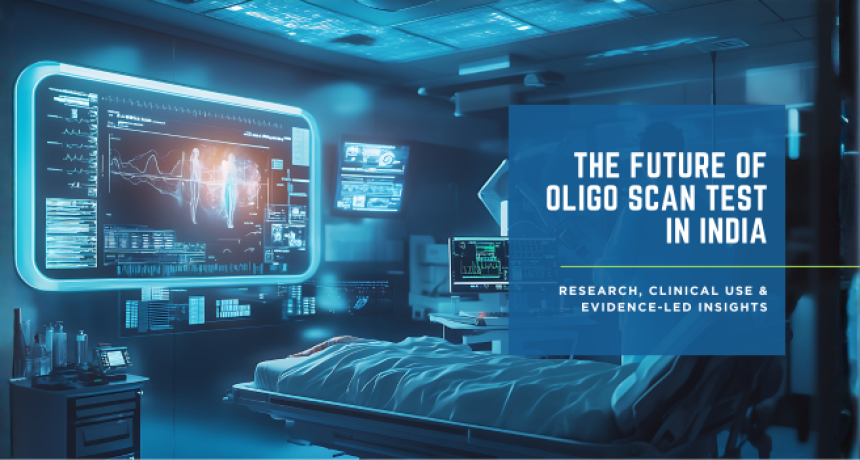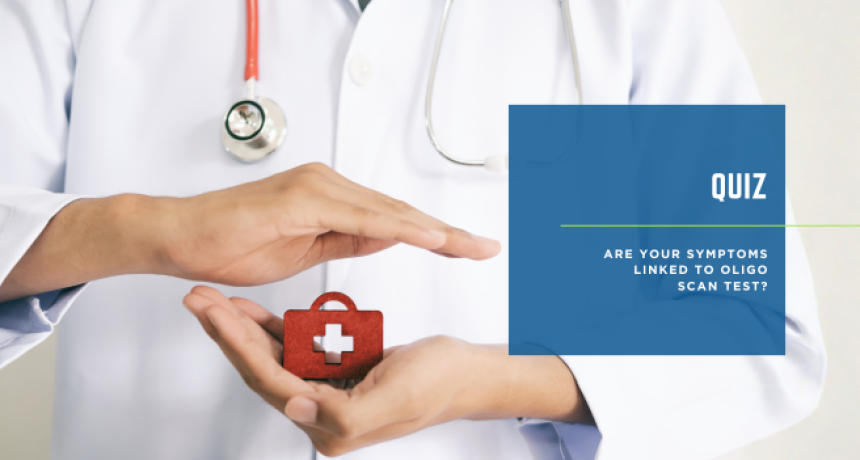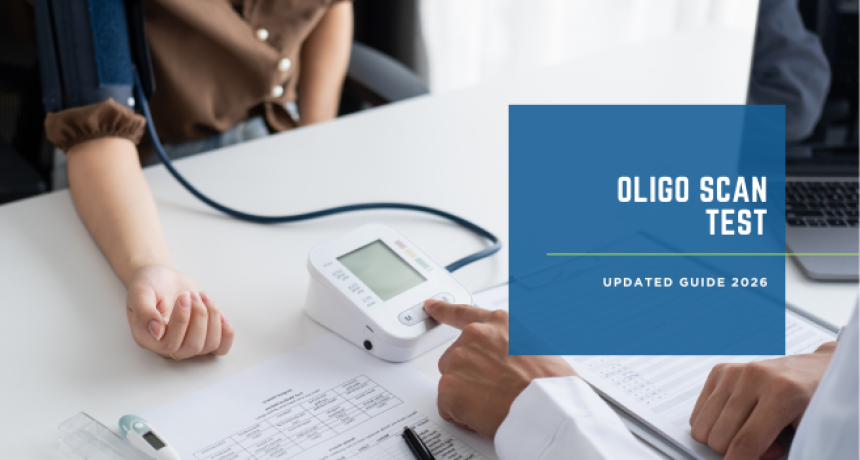Signs of Thyroid Dysfunction: Early Symptoms You Shouldn’t Ignore
2025-05-27 The thyroid — a small, butterfly-shaped gland at the base of your neck — plays a massive role in regulating metabolism, mood, energy, digestion, menstrual health, and even skin and hair quality. Yet, thyroid dysfunction often goes undiagnosed for years because its early symptoms are vague, gradual, and easy to dismiss. India has one of the highest global burdens of thyroid disorders, with over 42 million people affected by conditions like hypothyroidism, hyperthyroidism, and autoimmune thyroiditis (Indian Journal of Endocrinology & Metabolism, 2021). At L&B Clinic, we help patients recognize these early patterns — often long before conventional testing shows abnormality. Our approach goes beyond surface symptoms to identify root causes, track hormonal shifts, and support the thyroid through integrative, hormone-friendly care. Thyroid dysfunction can: Impact fertility and menstrual health Slow metabolism and contribute to weight gain or loss Increase cardiovascular risk Contribute to fatigue, brain fog, anxiety, or depression Disrupt digestive health and sleep patterns The earlier the dysfunction is recognized, the better the chance of restoring balance without long-term hormone dependence. These symptoms often appear gradually and may be misattributed to stress, aging, or lifestyle changes. Persistent tiredness, even after 8 hours of sleep, may indicate reduced thyroid hormone production (hypothyroidism). Weight gain with no increase in appetite → Hypothyroidism Weight loss with increased appetite or anxiety → Hyperthyroidism Depression, irritability, anxiety, or difficulty concentrating ("brain fog") Dry, flaky skin Brittle nails Thinning of outer eyebrows Hair thinning or falling in clumps Heavy or prolonged periods (hypothyroidism) Light or absent periods (hyperthyroidism) Feeling cold even in warm environments → Hypothyroidism Feeling unusually warm or sweating excessively → Hyperthyroidism Constipation (hypothyroidism) Frequent bowel movements or diarrhea (hyperthyroidism) Visible swelling in the lower neck may suggest a goiter or inflamed thyroid. Family history of thyroid disease Autoimmune conditions (e.g., type 1 diabetes, lupus) Iodine imbalance Hormonal shifts (pregnancy, menopause, PCOS) Chronic stress or adrenal dysfunction Smoking or high toxin exposure Previous radiation to the neck At L&B Clinic, we do not rely solely on a basic TSH test. Our full thyroid evaluation includes: “Most thyroid patients don’t need only a pill — they need a plan. At L&B, we help identify what pushed the thyroid out of balance and build a system to support its recovery — nutritionally, hormonally, and emotionally.” Yes. Especially in early stages or autoimmune thyroiditis, symptoms may appear even when basic labs are "normal." In early or subclinical stages, lifestyle and nutritional intervention may prevent progression and even restore balance. Diet is foundational but works best alongside stress management, movement, and targeted supplements. Yes — particularly hypothyroidism and Hashimoto’s. Hormonal changes during pregnancy or menopause may trigger onset. If symptomatic or high risk, testing every 6–12 months is recommended — or more often if already under treatment. Thyroid dysfunction doesn’t always start with a diagnosis — it often begins with symptoms that are easy to ignore. But left unaddressed, it can affect every system in the body. At L&B Clinic, we offer integrative, data-driven assessments at our thyroid clinic in Delhi along with personalized recovery plans. Whether you’ve been diagnosed or are just beginning to suspect something’s off, we help you understand and support your thyroid imbalance indicators — from the inside out. 📍 Schedule your thyroid health evaluation today 🧪 Get advanced testing and interpretation 🥗 Start a personalized hormone balance plan Medically Reviewed by: Dr. Deepika Krishna, Founder, L&B Clinic Indian Journal of Endocrinology & Metabolism (2021). Thyroid Disorders in India: Prevalence and Public Health Perspectives. Mayo Clinic (2023). Signs and Symptoms of Thyroid Dysfunction. National Institute of Health (NIH). Thyroid Hormone Function and Testing AACE Clinical Practice Guidelines (2020). Diagnosis and Management of Hypothyroidism and Hyperthyroidism Harvard Health Publishing (2022). Understanding Thyroid Function TestsIntroduction
Why Early Detection of Thyroid Issues Matters
Common Types of Thyroid Dysfunction
Early Symptoms to Watch For

1. Unexplained Fatigue
2. Sudden Weight Changes
3. Mood and Cognitive Shifts
4. Changes in Skin, Hair, and Nails
5. Menstrual Irregularities
6. Temperature Sensitivity
7. Digestive Irregularities
8. Neck Swelling or Discomfort
Risk Factors for Thyroid Dysfunction
Tests Used to Detect Early Thyroid Imbalance
L&B Clinic’s Integrative Thyroid Support Protocol
Dr. Deepika Krishna’s Insight
FAQs On Early Signs Of Thyroid Disease
1. Can thyroid dysfunction happen with normal TSH levels?
2. Is thyroid disease reversible?
3. Can diet alone fix thyroid problems?
4. Is thyroid disease more common in women?
5. How often should I test my thyroid function?
Take Charge Early: Your Thyroid Deserves Attention
References
.png)


